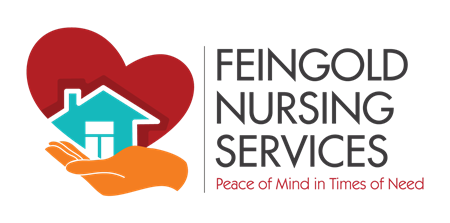 Human eyesight diminishes with age, which naturally has an impact on our quality of life and our ability to live independently. According to the CDC, 20.5 million Americans over the age of 40 suffer from cataracts. Years ago cataract surgery was very complex and invasive, and it took weeks to recover. The good news is that cataracts surgery is much smoother and recover time is less. With a little help, continuing to live on your own is entirely possible.
Human eyesight diminishes with age, which naturally has an impact on our quality of life and our ability to live independently. According to the CDC, 20.5 million Americans over the age of 40 suffer from cataracts. Years ago cataract surgery was very complex and invasive, and it took weeks to recover. The good news is that cataracts surgery is much smoother and recover time is less. With a little help, continuing to live on your own is entirely possible.
The National Eye Institute defines a cataract as “a clouding of the lens in the eye that affects vision.” This cloudiness can affect one or both eyes and is not transferred from one eye to the other. As people age, the proteins in the eyes can clump together, forming the cloud over the lens. Smaller clumps may not affect vision, but they will continue to grow over time. A cataract may also change the color of the lens of the eye, gradually tinting it brown. Some of the symptoms that cataract sufferers will notice include: blurry vision, faded colors or inability to identify blues and purples, double vision, and poor night vision.
Feingold Home Health Care • 561-210-9096
New glasses and brighter lighting in your home may provide temporary relief. However, if cataracts interfere with daily activities, the only truly effective treatment is surgery. The operation is simple, but it may require anesthesia (depending on your risk factors and personal preference). Care after surgery can be crucial in ensuring your eyesight returns appropriately.
In the first couple of days after surgery, you will experience mild discomfort. In the first few weeks, your doctor will recommend you avoid heavy lifting and bending at the waist. Healing is not fully complete for eight weeks. During your recovery period, home health care services could be of great assistance to you.
YOU’LL NEED HELP
After surgery, a home health aide can assist with housekeeping duties, grocery shopping, and transportation to and from follow-up doctor’s appointments. In addition, a home healthcare agency has supervising registered nurses to give direction and guidance to the home health aides. This can be a significant aid during recovery as there are risks associated with cataract surgery. While problems like loss of vision, infection, bleeding, and inflammation are rare, having someone there to provide insight and help get you prompt medical attention can prevent permanent damage.
If you are suffering from cataracts and are considering cataract surgery, contact us to discuss how we can assist with your individual needs. Cataract surgery can improve your quality of life and preserve your independence. Let our quality, personalized home care aid you back to healthy vision.
Every situation is different and some patients need minimal help for a few days, others need more help and you won’t really know until after the surgery.
It’s a very good idea to call us and get some idea about what is involved in home health care for after-cataract surgery and how we’ll be able to help. We can discuss costs when you call. We are available at 561-210-9096.

Recent Comments